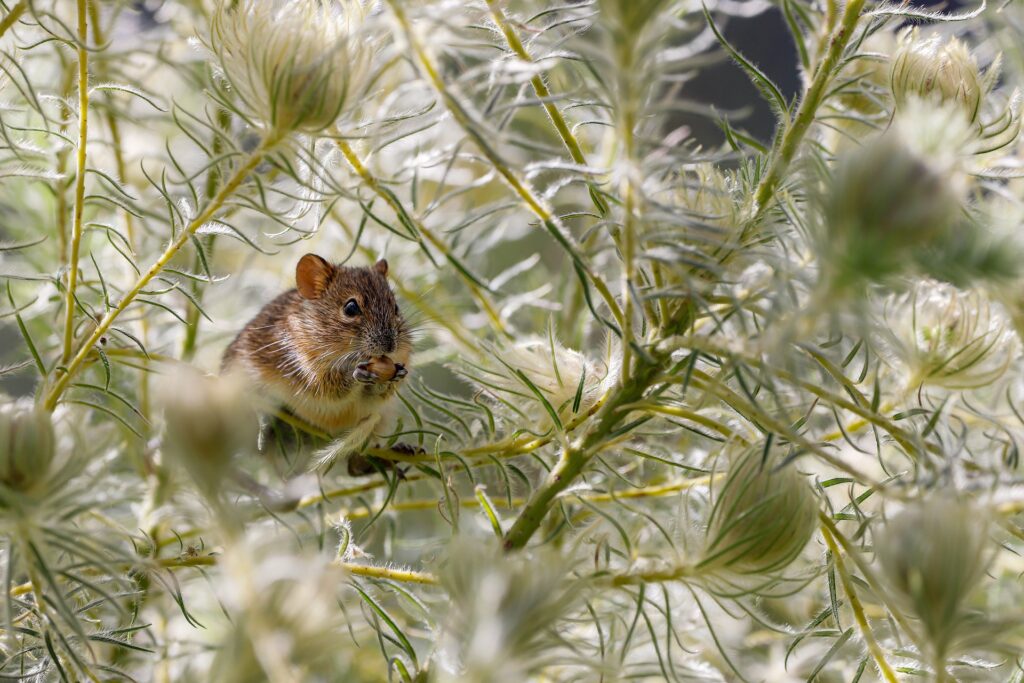Understanding what attracts mosquitoes is crucial in preventing their annoying bites. These tiny pests are drawn to certain factors in humans and their environments. Let’s explore the role of carbon dioxide, body heat, and specific scents in attracting mosquitoes. We will also discuss strategies to make yourself and your surroundings less appealing to these pests.
The Role of Carbon Dioxide
One of the primary mosquito attractants is carbon dioxide (CO2). Mosquitoes have evolved to detect CO2 from a distance, as it signals the presence of potential hosts. Humans and animals exhale CO2, making it a reliable way for mosquitoes to find us.
How to Reduce CO2 Attraction in Mosquitoes
- Limit outdoor activity at peak times: Mosquitoes are most active at dawn and dusk when CO2 levels are higher.
Body Heat and Sweat
Mosquitoes are also attracted to body heat and sweat. Warmth indicates a blood source, while sweat contains chemicals that mosquitoes find appealing. Lactic acid, uric acid, and ammonia in sweat are significant mosquito attractants.
Strategies to Minimize Heat and Sweat Attraction in Mosquitoes
- Stay cool: Wear light-colored, loose-fitting clothing that keeps you cool.
- Use fans: Mosquitoes are poor fliers, and fans can disperse CO2 and body heat.
- Shower after exercise: Reduce the chemical cues from sweat by showering after physical activity.
Specific Scents and Chemicals
Mosquitoes have a keen sense of smell. Certain scents and chemicals naturally produced by our bodies can attract them. These include:
- Lactic acid: This is produced during exercise.
- Octenol: This is found in sweat and breath.
- Floral scents: Some lotions and perfumes can mimic these attractants.
Reducing Mosquito Scent Attraction
- Avoid scented products: Use unscented lotions, deodorants, and soaps.
- Choose mosquito repellents: Products containing DEET, picaridin, or oil of lemon eucalyptus can mask your scent.
Dark Clothing
Mosquitoes are also drawn to dark colors. They use visual cues to find hosts; dark clothing makes you stand out.
Clothing Tips
- Wear light colors: Opt for white, beige, or pastel clothing when outdoors.
- Cover up: Long sleeves and pants can reduce the skin surface that is available for bites.
- Choose loose-fitting clothes: Tight clothing can be penetrated by mosquitoes, so wear loose-fitting garments to create a barrier between your skin and mosquitoes.
Environmental Factors
Your environment can significantly impact mosquito presence. Standing water, dense foliage, and even your landscaping choices can either attract or repel mosquitoes.
Environmental Control
- Eliminate standing water: Mosquitoes breed in stagnant water. Empty birdbaths, gutters, and other water containers regularly.
- Maintain vegetation: Keep grass short and trim shrubs to reduce resting areas for mosquitoes.
- Plant repellents: Plants, including citronella, marigolds, and lavender, are known to repel mosquitoes.
Why Mosquitoes Bite Some People More
Not everyone attracts mosquitoes equally. Factors like blood type, metabolism, and even the bacteria on your skin can influence why mosquitoes bite some people more than others. Some studies have shown that people with type O blood are more attractive to mosquitoes than those with type A or B.
Prevent Annoying Mosquito Bites
Understanding what attracts mosquitoes helps you take proactive steps to prevent bites. By managing carbon dioxide, body heat, scents, and environmental factors, you can make yourself and your surroundings less appealing to these pests. Remember, combining these strategies offers the best protection against mosquito bites.
For help with professional mosquito control around your home, contact us at Aptive. We can help you get the most out of your outdoor spaces without the annoyance of mosquito bites.









